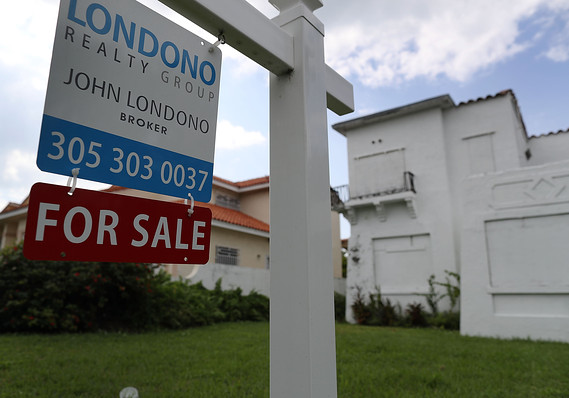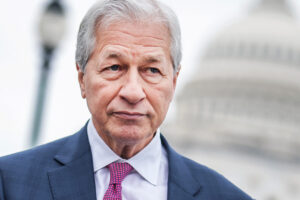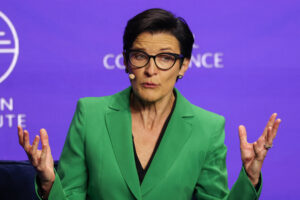 Joe Raedle/Getty Images
Joe Raedle/Getty Images
A funny thing has happened on the way to the graveyard for the most important number in finance. Libor has been given a second life.
After being manipulated by seemingly every bank during the financial crisis, regulators felt the only way to prevent a repeat was to kill it off entirely and set a date for its obsolescence: the end of 2021.
Libor is the acronym the London interbank offered rate and is known for being the benchmark for everyday financial contracts like adjustable rate mortgages. It was based on a survey of banks in London.
Last year, the Federal Reserve launched an alternative to the U.S. dollar Libor rate known as the Secured Overnight Financial Rate or SOFR. The rate is based on actual overnight repurchase agreement transactions secured by U.S. Treasurys and so cannot be manipulated.
But the market hasn’t warmed up to the new rate.
Mark Cabana, head of U.S. interest rates strategy at Bank of America Corp., said the transition to a new benchmark interest rate “has not gone swimmingly.”
“I would characterize the state of transition [to SOFR] amongst our clients as being in the state of paralysis,” Cabana said.
“They know Libor might go away. They know there is a need to take action. But they are unsure about what to do,” he said.
With so much uncertainty, no one is doing anything, Cabana said.
Fed Vice Chairman for Supervision Randal Quarles, the central bank’s point person on reference rates, urged the private sector to redouble its efforts to transition away from Libor.
“We have only a little over two and a half years until the point at which Libor could end, and the transition needs to continue to accelerate,” Quarles said.
“The private sector needs to take on this responsibility and we expect you to do so,” he said.
Outsiders think that Libor may not end.
“There is some chance we’re going to wake up in 2022 and the Libor universe won’t have completely imploded,” said Lou Crandall, chief economist at Wrightson ICAP.
Crandall of Wrightson said lending divisions of banks are the most resistent to switching reference rates as Libor is “the common language” they speak.
Banks also want a lending rate that takes into account conditions in credit markets, which was a feature of Libor.
Crandall said the future might see two benchmark rates: SOFR and Libor.
“It would not surprise me if the market demanded something in the direction” of multiple reference rates, Cabana agreed.










